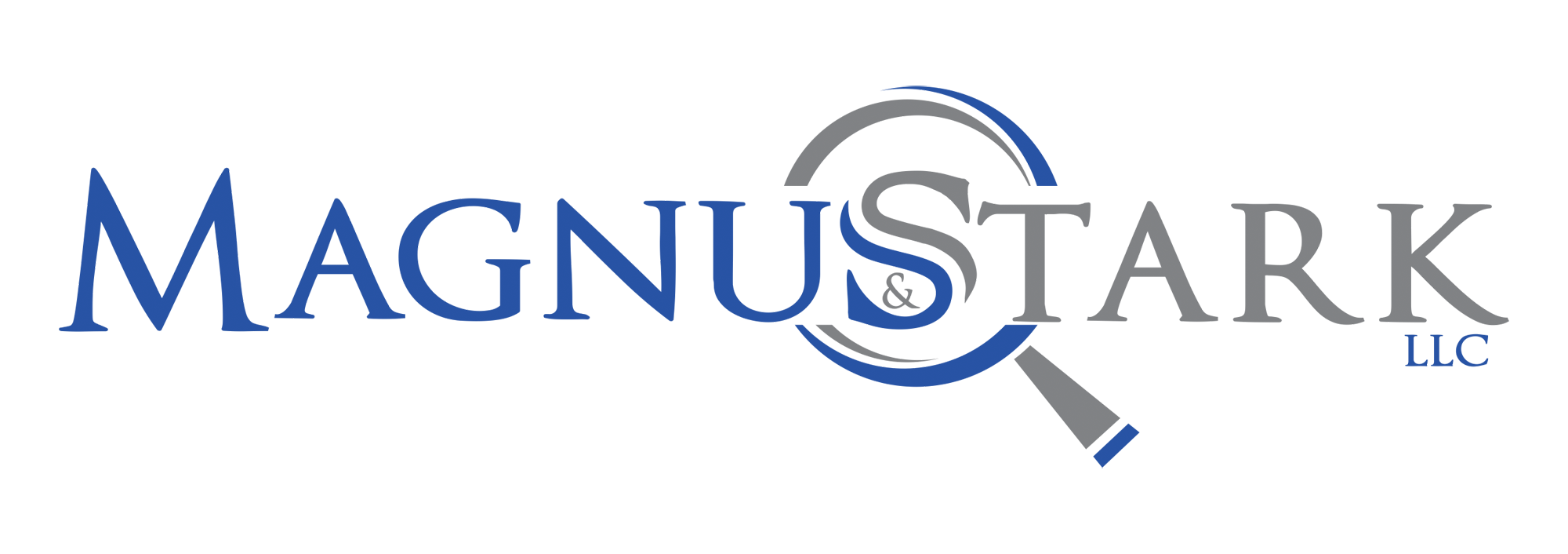Title: Exploring Domestic Surveillance Techniques in Indianapolis, IN: Balancing Security and Privacy
In recent years, the use of domestic surveillance techniques has become a topic of increasing importance in Indianapolis, IN. With advancements in technology and the rising concerns for public safety, law enforcement agencies are turning to various surveillance methods to monitor and track potential threats. However, this trend has sparked debates regarding the balance between security and privacy rights of individuals in the community.
One of the most common domestic surveillance techniques used in Indianapolis is the use of closed-circuit television (CCTV) cameras. These cameras are strategically placed in public areas such as streets, parks, and transportation hubs to monitor activities and identify potential criminal behavior. While CCTV cameras have proven to be effective in deterring crime and aiding in investigations, concerns have been raised about the invasion of privacy and the potential for misuse of the footage collected.
Another widely used surveillance technique in Indianapolis is the monitoring of electronic communications. Law enforcement agencies may use tools such as wiretapping, data mining, and social media monitoring to gather information on individuals suspected of criminal activities. While these techniques can be valuable in preventing crimes and identifying suspects, there are concerns about the legality and ethical implications of monitoring private communications without proper oversight.
Furthermore, the use of drones for surveillance purposes has gained popularity in Indianapolis. Drones equipped with cameras and sensors can provide law enforcement agencies with real-time aerial surveillance of large areas, making it easier to track suspects or gather evidence. However, the use of drones raises concerns about potential violations of privacy rights, especially when used in residential areas or public gatherings.
As the debate over domestic surveillance techniques continues, it is essential for policymakers, law enforcement agencies, and the community to work together to find a balance between security and privacy. Transparency in the use of surveillance methods, strict guidelines on data retention and access, and oversight by independent bodies can help ensure that surveillance activities are conducted responsibly and in compliance with legal standards.
Ultimately, the goal of domestic surveillance should be to enhance public safety while upholding the rights and freedoms of individuals in Indianapolis. By engaging in open discussions, implementing safeguards, and respecting privacy rights, we can strive to create a safe and secure environment for all residents while preserving the fundamental principles of democracy and civil liberties.

